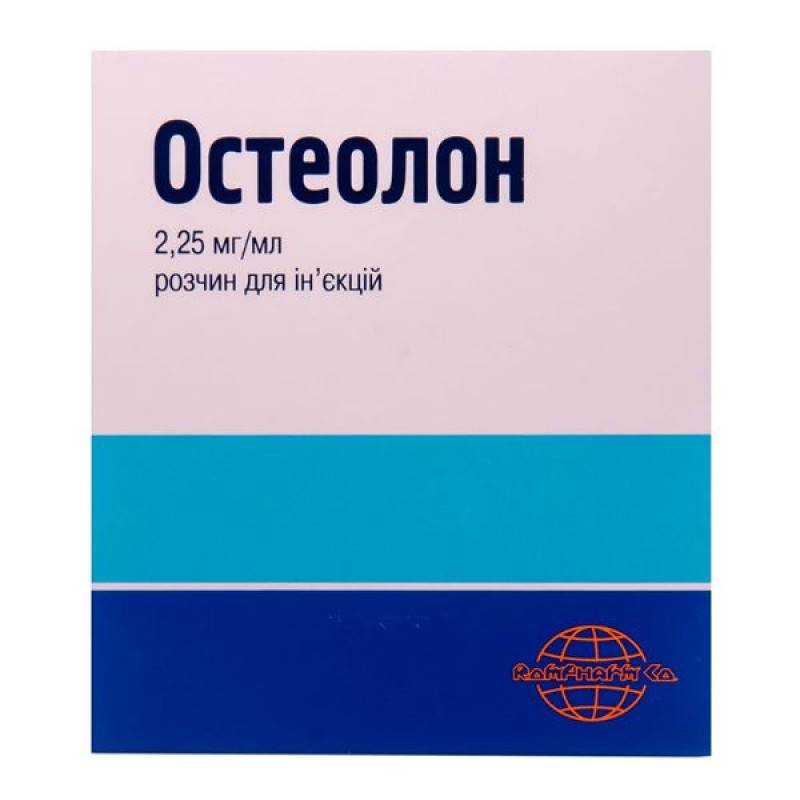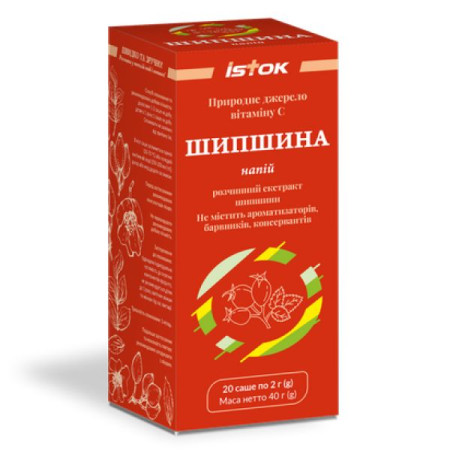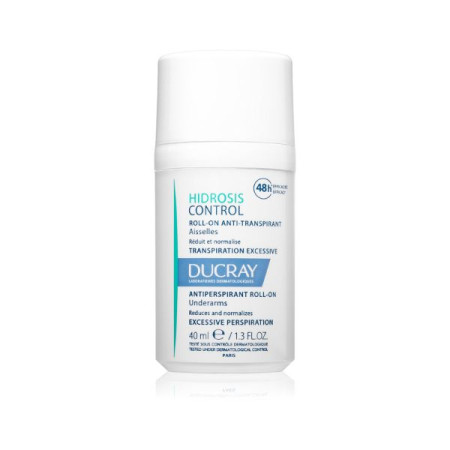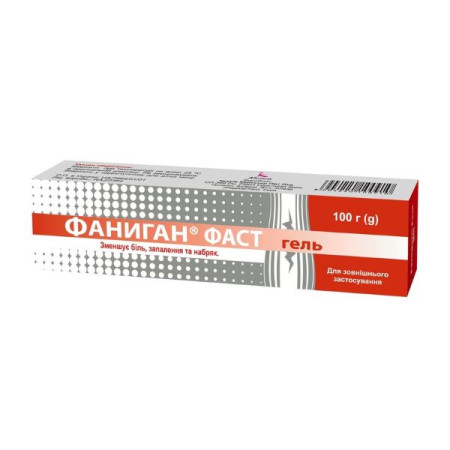Osteolon solution for injection 2.25 mg/ml 1 ml ampoules No. 10

Instructions Osteolon solution for injection 2.25 mg/ml ampoules of 1 ml No. 10
Composition
active ingredient: extract from bone marrow and intercostal cartilages of young calves;
1 ml of solution contains: 1 ml of extract from bone marrow and intercostal cartilage of young calves, containing at least 2.25 mg of glycosaminoglycan-peptide complex;
Excipients: metacresol, 0.1 M hydrochloric acid solution, water for injection.
Dosage form
Solution for injection.
Main physicochemical properties: transparent yellowish-brown solution with the smell of metacresol, without mechanical inclusions.
Pharmacotherapeutic group
Means used in pathologies of the musculoskeletal system. ATX code M09A X.
Pharmacological properties
Pharmacodynamics.
The drug Osteolon contains a glycosaminoglycanopeptide complex from cartilage and bone marrow of young calves (up to 6 months of age). It affects the disturbed metabolism in cartilage hyaline tissue. The drug enhances the biosynthesis of sulfated mucopolysaccharides. Stimulates the regeneration of articular cartilage and inhibits catabolic processes in cartilage tissue.
Osteolon belongs to the group of chondroprotectors - drugs that slow down the progression of osteoarthritis, normalize metabolism in hyaline cartilage tissue. It stimulates the synthesis of glycosaminoglycans and collagen of cartilage tissue, reduces the activity of enzymes that contribute to the destruction of articular cartilage, improves trophicity of articular cartilage, enhances regeneration and hyalinization of joint cartilage, increases the amount of synovial fluid, slows down the development of osteoarthritis.
Pharmacokinetics.
No studies have been conducted.
Indication
Osteolon is indicated in adults for the treatment of mild to moderate degenerative rheumatic diseases such as coxarthrosis, gonarthrosis, spondylosis and spondyloarthrosis.
Contraindication
Hypersensitivity to the components of the drug.
Rheumatoid arthritis.
Age up to 18 years.
Pregnancy, breastfeeding period.
Use in women of reproductive age who are not using reliable methods of contraception.
Interaction with other medicinal products and other types of interactions
Osteolon can be used simultaneously with nonsteroidal anti-inflammatory drugs and glucocorticosteroids.
When used simultaneously with indirect anticoagulants, antiplatelet agents and fibrinolytics, their effects may be enhanced.
Application features
Hypersensitivity reactions.
Hypersensitivity reactions have been reported with this medicinal product in clinical trials. If signs or symptoms of a hypersensitivity reaction occur, such as rash, urticaria, erythema, pruritus or angioedema, bronchospasm, hypotension and shock, which may be life-threatening, the medicinal product should be discontinued and medical attention sought.
The drug contains metacresol, which may cause allergic reactions.
Before starting treatment, the patient should consult a doctor to rule out the presence of systemic autoimmune diseases (rheumatoid arthritis, ankylosing spondylitis, systemic lupus erythematosus, scleroderma), in case of which specific treatment should be prescribed.
When Osteolon is used simultaneously with indirect anticoagulants, antiplatelet agents and fibrinolytics, their action may be enhanced. Therefore, patients who use Osteolon simultaneously with indirect anticoagulants, antiplatelet agents and fibrinolytics should have frequent blood coagulation monitoring.
Osteolon contains a glycosaminoglycan-peptide complex. Therefore, this medicine is not recommended for patients with phenylketonuria, a rare inborn error of amino acid metabolism, or patients with active gastric ulcer, gastrointestinal ulcer or bleeding.
Osteolon contains a glycosaminoglycan-peptide complex that may cause exacerbation of asthma symptoms. Therefore, patients with asthma who start taking Osteolon should be aware of the possible worsening of symptoms.
Osteolon is recommended to be used with caution in patients with impaired glucose tolerance. In patients with diabetes mellitus, more careful monitoring of blood sugar levels and, if necessary, insulin requirements may be required at the beginning of treatment and periodically during treatment.
Liver dysfunction.
The use of Osteolon in patients with severe hepatic impairment has not been studied. Data are not available.
Use during pregnancy or breastfeeding
There are no data on the use of Osteolon in pregnant women. The use of the drug during pregnancy or breastfeeding is contraindicated.
Ability to influence reaction speed when driving vehicles or other mechanisms
Missing data.
Method of administration and doses
A repeated course of treatment is carried out according to the same scheme after a break and consultation with a doctor, taking into account the benefit in the context of the patient's clinical history.
Children.
Osteolon is contraindicated for use in children, as there is no data on the safety and effectiveness of treatment in this category of patients.
Overdose
No cases of overdose were observed.
Side effects
A brief overview of the safety profile of the glycosaminoglycan-peptide complex
Adverse reactions reported with the use of glycosaminoglycan-peptide complex in clinical studies are listed in the table below.
Tabulated list of adverse reactions
The following table lists MedDRA terms obtained from 110 subjects receiving glycosaminoglycan-peptide complex, with their corresponding frequency:
very common (≥1/10); common (≥1/100 to <1/10); uncommon (≥1/1000 to <1/100); rare (≥1/10000 to <1/1000); isolated (<1/10000), frequency unknown (cannot be estimated from the available data).
| Organ system class | Adverse reaction | Frequency |
| Skin and subcutaneous tissue disorders | Itch | infrequently |
| Urticaria | infrequently | |
| Erythema | infrequently | |
| On the part of the immune system | Hypersensitivity* | infrequently |
| Musculoskeletal and connective tissue disorders | Arthralgia** | infrequently |
| General disorders and administration site conditions | Local reaction | infrequently |
Description of selected adverse reactions
*Hypersensitivity reactions may, for example, be accompanied by generalised skin reactions, angioedema, bronchospasm, hypotension and shock and may be life-threatening.
**Arthralgia: sometimes after 3 - 6 injections there is an increase in joint pain, which disappears without treatment and does not require discontinuation of the drug.
If side effects not described in this instruction appear, you should stop taking the drug and inform your doctor.
Reporting of suspected adverse reactions
Reporting adverse reactions after the registration of a medicinal product is important. This allows monitoring of the benefit/risk ratio when using this medicinal product. Medical and pharmaceutical professionals, as well as patients or their legal representatives, should report all cases of suspected adverse reactions and lack of efficacy of the medicinal product via the Automated Information System for Pharmacovigilance at the link: https://aisf.dec.gov.ua.
Expiration date
5 years.
Storage conditions
Store in the original packaging at a temperature not exceeding 25 °C.
Keep out of reach of children.
Packaging
1 ml or 2 ml in an ampoule, 5 ampoules in a blister, 1, 2 or 5 blisters in a cardboard pack.
Vacation category
According to the recipe.
Producer
K.T. ROMPHARM COMPANY SRL
Location of the manufacturer and address of its place of business.
Eroilor St. No. 1A, Otopeni, 075100, Ilfov County, Romania – Romfarm 1 and Romfarm 2 buildings.
There are no reviews for this product.
There are no reviews for this product, be the first to leave your review.
No questions about this product, be the first and ask your question.













